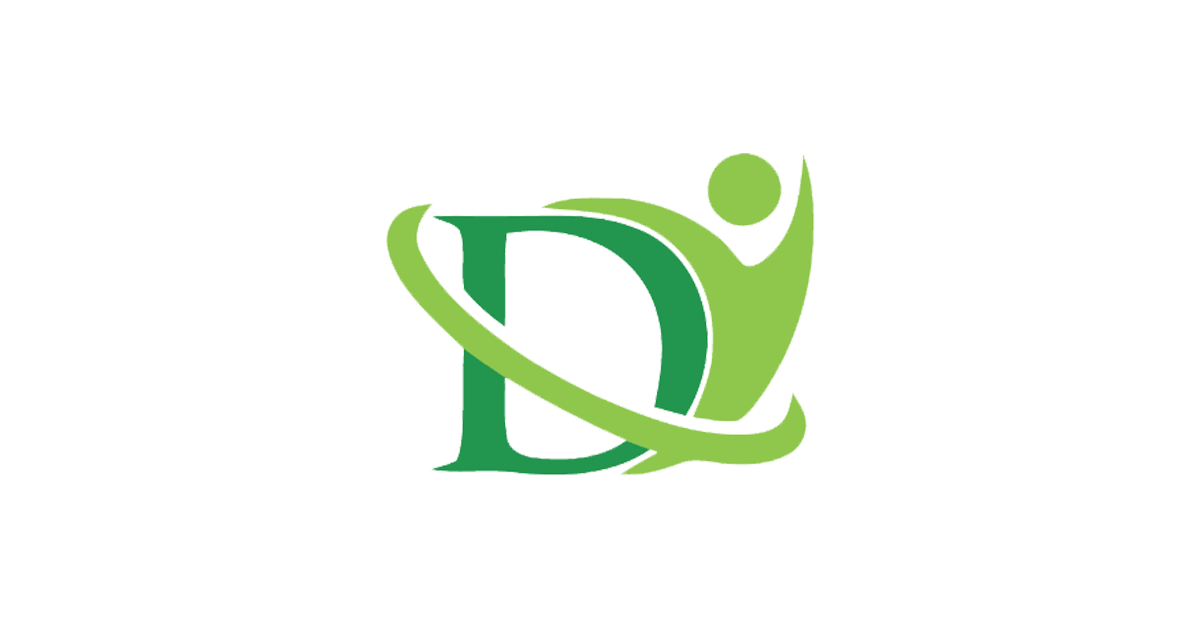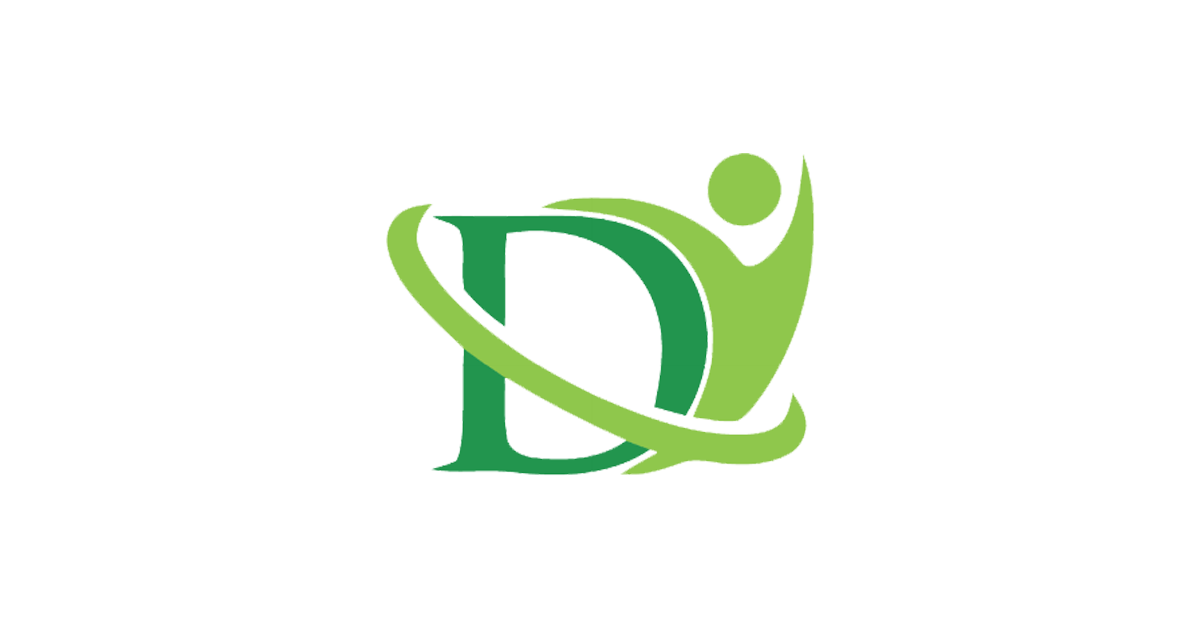
Why It’s Always Better to Let Professionals Handle Your Debt Problems
May 2, 2022
Paying Off Debt in Collections – Steps That a Person Can Take
May 23, 2022Acquiring a credit card isn’t a one-and-done deal to spend as much as possible. There are repercussions involved, the biggest of which is credit card debt. Due to the staggering interest rate, a person owes the provider a meagre or large amount in this financial situation. However, there are ways to avoid credit card debt, and it starts by knowing exactly how this plastic money works in Canada with the following tips:
Credit Cards Have Spending Limits
Credit card owners must clarify the spending limit upon receiving plastic money. This indicates how much money can be spent before hitting snags, like being rejected for transactions, extra fees, penalties that vary from one credit card to the another or incurring credit card debt.
Executives for Canada’s biggest banks have warned that customers shouldn’t go over their limit because of the risk of penalties—especially when dealing with foreign credit card companies.
As the general rule of thumb, it’s best to avoid going too close to the limit because:
- There may be unexpected expenses.
- Low balances save money in interest.
- Low credit utilization ratios (balance/limit) are better for citizens’ credit scores.
Don’t Be Fooled by An Introductory Period or Offer
At times, ads for credit cards promote an “introductory period,” which is prominently displayed on posters or emails. An introductory period is a special low-interest rate that credit card companies offer to encourage you to sign up for a card and is likely to draw customers’ attention to the ad.
The introductory period can be a valuable tool for people trying to get out of credit card debt. For example, one can transfer the balance from their high-interest credit debt onto a new credit card with a low introductory interest rate. Then, the focus shifts to paying down the debt before the promotional period ends.
This strategy can save money in interest payments. However, it’s essential to check the interest rate on balance transfers during the introductory period because it may be higher than it is for regular transactions.
When signing up for a credit card, be sure to ask what the introductory period rate is, how long the rate will be in effect, and what it will be at the end of the initial period.
Pay Promptly as Much as Possible
Credit card companies may slap policy-violating customers with a penalty depending on the terms of their card, how much they owe, whether they’ve made a late payment before, and the specifics of their contract.
Most credit card companies charge interest for the following statement as punishment for the first infraction. Unfortunately, a credit card late fee affects one’s credit score and may trigger an interest rate hike from the credit card provider. This means an additional interest on top of the existing interest, leading to credit card debt long-term!
Suppose this is not enough to persuade customers to pay on time. In that case, this should: credit card companies have the right to lower their customers’ credit limits during one of these violations—making it even harder to get out of debt. Paying the minimum on time is essential, especially if the credit card user can’t afford the month’s full balance.
Conclusion
There are three easy ways to avoid credit card debt. Spend within the limit, pay the balance on time monthly, and don’t be fooled by introductory offers. These companies want customers to spend more and get them into debt to keep earning from what is owed, plus the additional interest. The above steps learned today will completely free or prevent anyone from credit card debt. Let DebtHelpers.ca address credit card debt with unique solutions for all Canadians to become debt-free. Visit this site and learn more!

